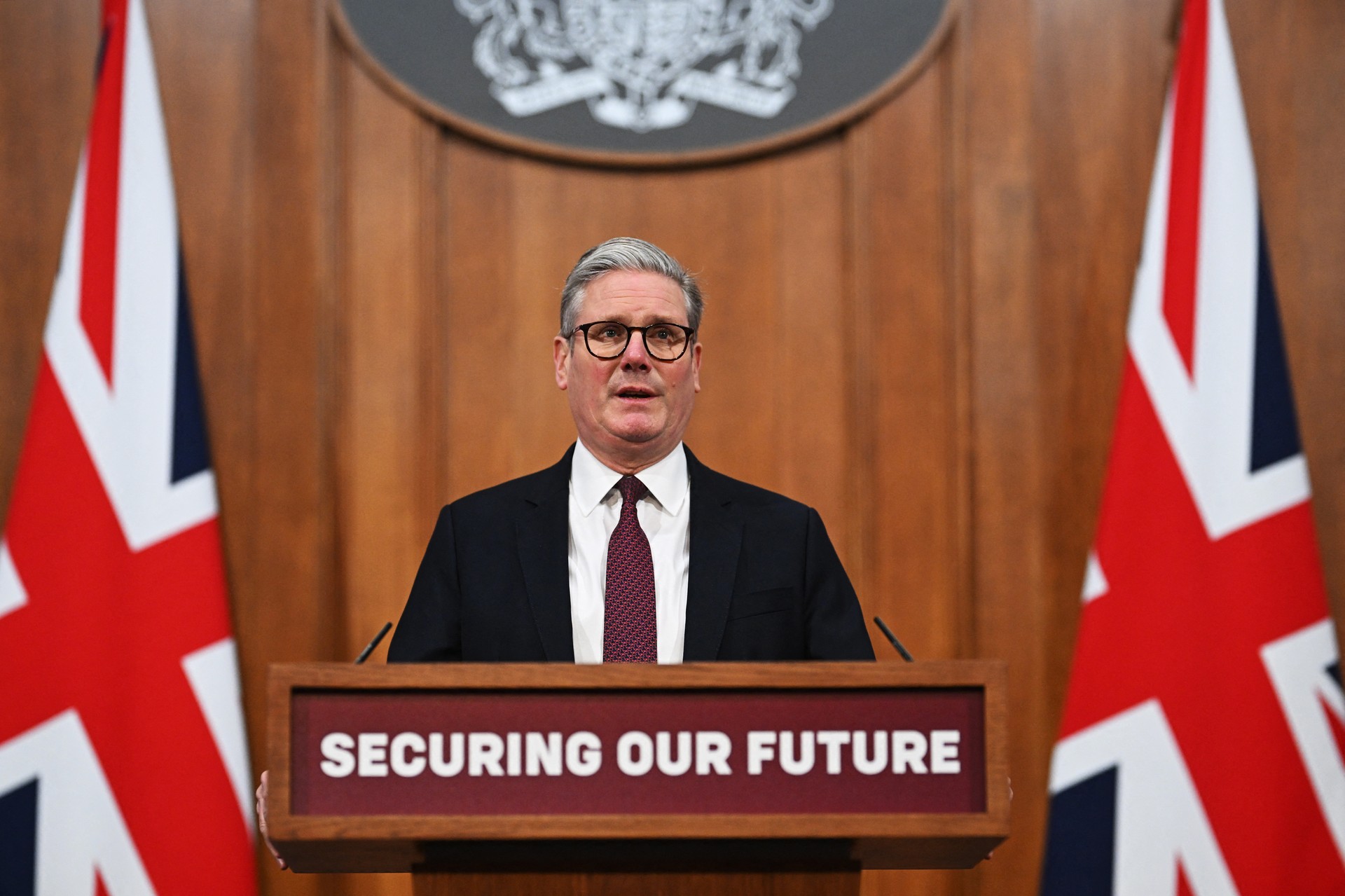
Military leaders from around the world will meet in London on March 20 to device plans for enforcing a potential Ukraine cease-fire, British Prime Minister Keir Starmer announced following a virtual meeting with 29 global leaders.
The meeting follows Ukraine’s agreement to a 30-day cease-fire after negotiations with the United States, with Russian President Vladimir Putin expressing conditional support.
Starmer stated that the meeting aims to create "strong and robust plans" to support a peace agreement and ensure Ukraine’s long-term security.
"We will build up Ukraine's own defenses and armed forces, and be ready to deploy as a 'coalition of the willing' in the event of a peace deal, to help secure Ukraine on land, at sea, and in the sky," Starmer said.
The "coalition of the willing" was initially introduced by Starmer earlier this month and has since gained support from additional nations, including Japan.
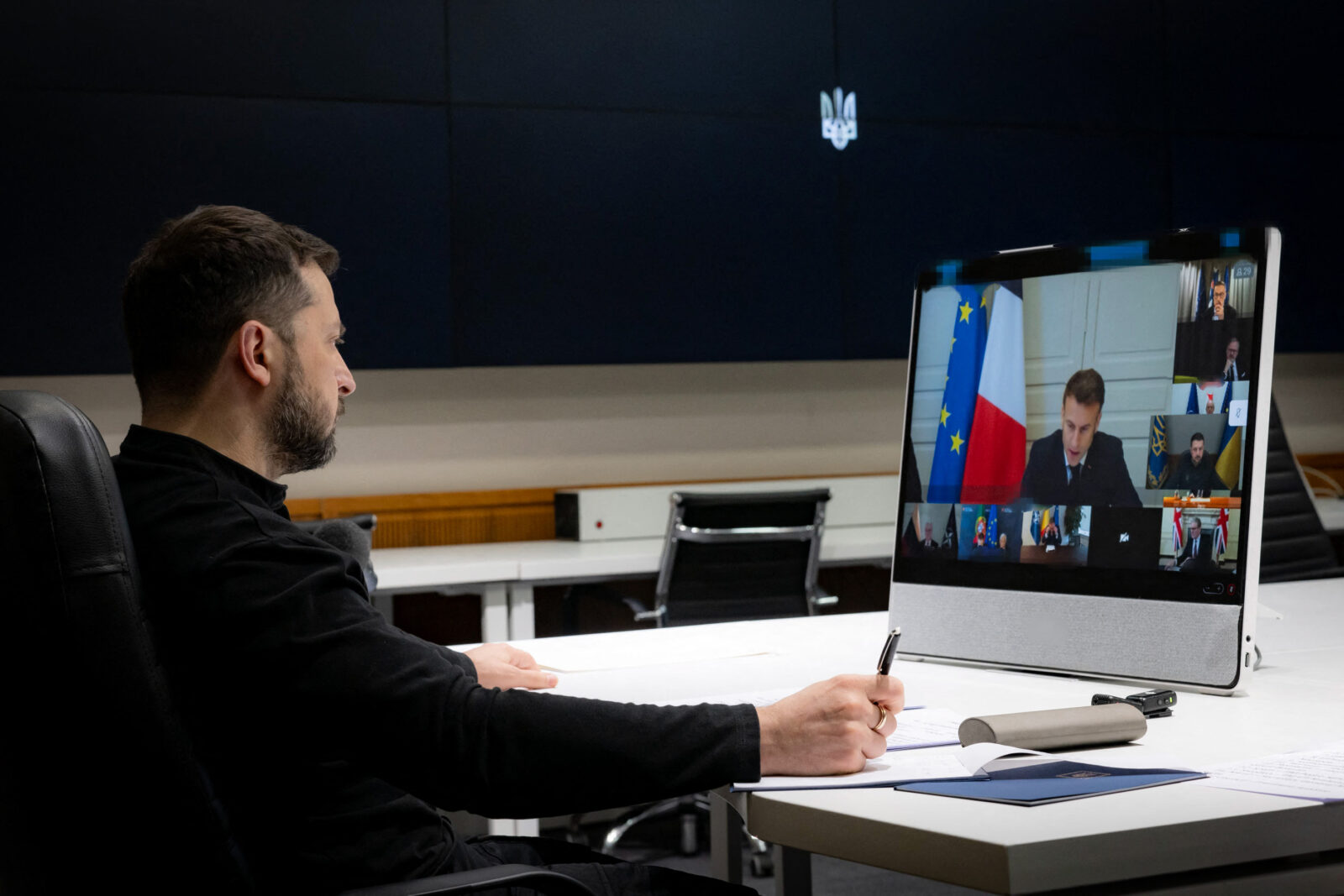
Ukrainian President Volodymyr Zelenskyy, who participated in Saturday’s discussions, urged world leaders to apply "active pressure, not just talks," on Russia.
"The world must understand that Russia is the only obstacle preventing peace," Zelenskyy said. "If Russia doesn’t want this, then strong pressure must be applied until they do. Moscow understands one language."
He also emphasized the need for European countries to ramp up weapons production and for further negotiations with the United States and President Donald Trump, suggesting that "full sanctions, strong pressure, and forcing Russia to make peace" are necessary.
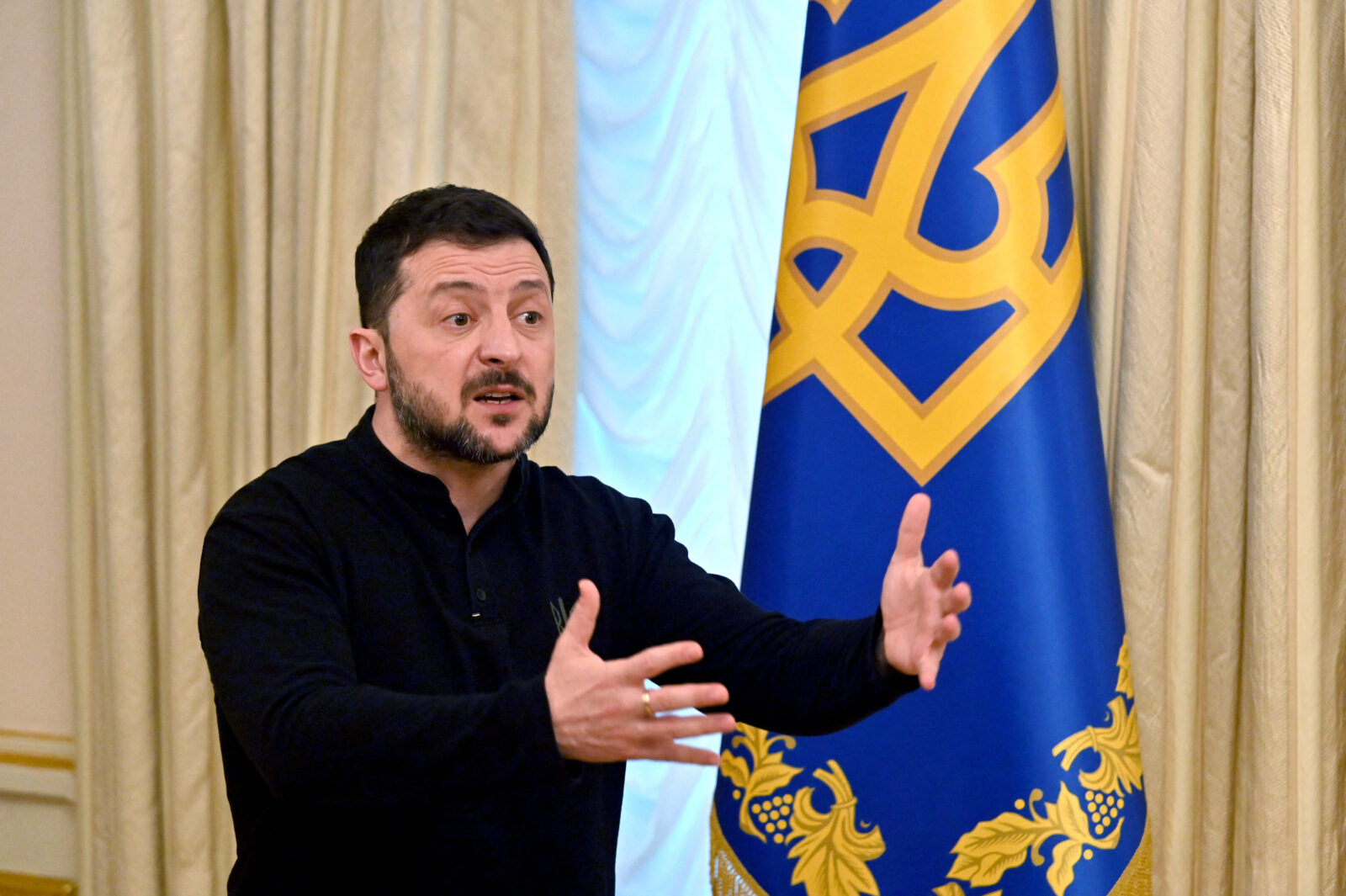
Putin has expressed general support for a cease-fire but has insisted that several conditions must be met before agreeing to a formal peace deal.
Among his concerns are whether Ukraine would be permitted to rearm during the cease-fire and how enforcement mechanisms would be structured.
Despite Moscow’s hesitance, leaders agreed that if Putin does not accept an immediate and unconditional cease-fire, they will "ratchet up pressure... to convince him to come to the negotiating table," according to Starmer.
"To deliver this, we will accelerate our military support, tighten our sanctions on Russia's revenues, and continue to explore all lawful routes to ensure that Russia pays for the damage it has done to Ukraine," he added.
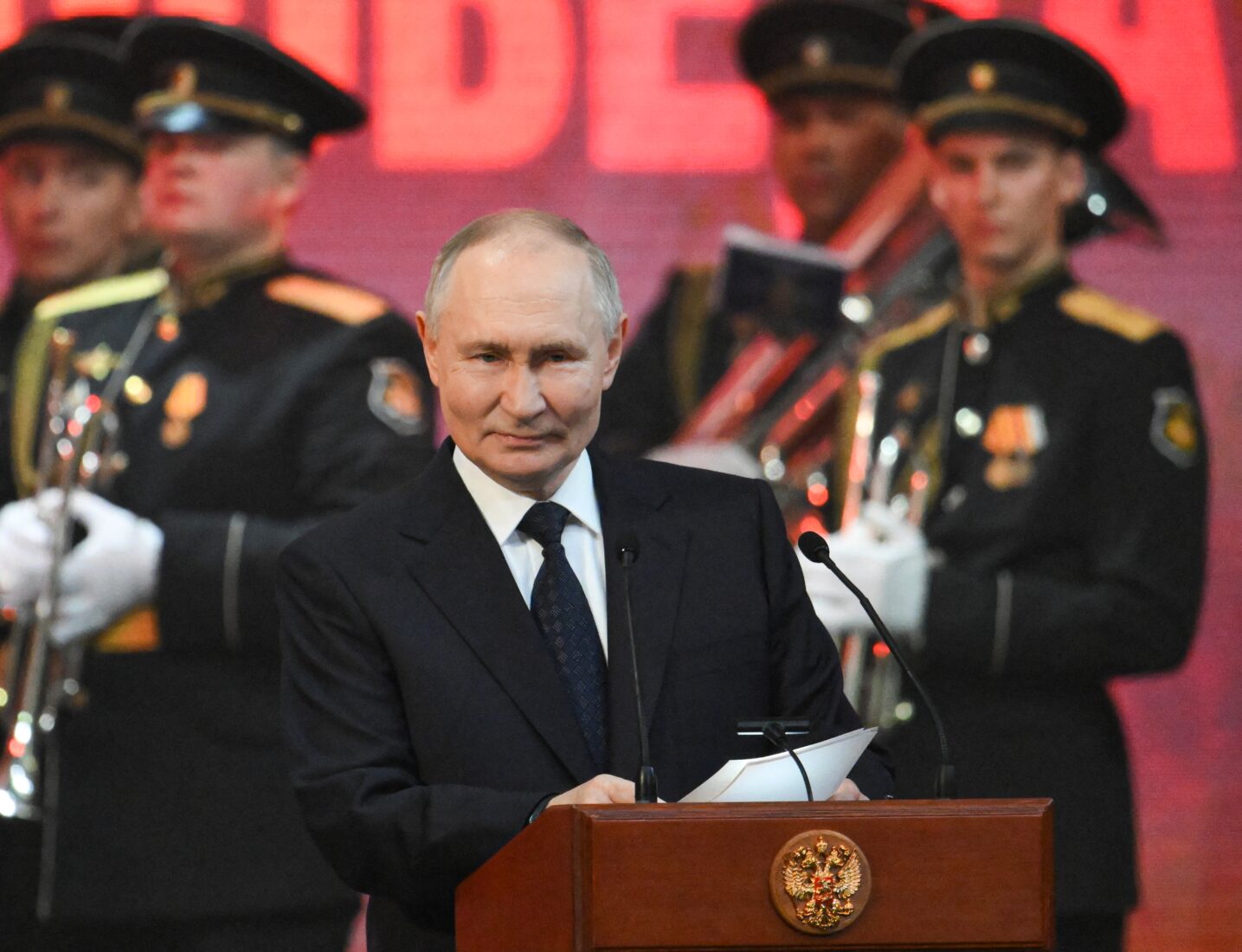
The idea of deploying troops to Ukraine as part of post-war security arrangements has sparked debate among international leaders.
Zelenskyy acknowledged that some allies were "skeptical" but said there was a need for some form of "boots on the ground" after the cease-fire. Finnish President Alexander Stubb suggested that it was "too early" to discuss military deployments.
"It is too early to talk about boots on the ground because we don't have a ceasefire, we don't have a peace process. Once we have a clear plan, we start doing the commitments," Stubb told the BBC.
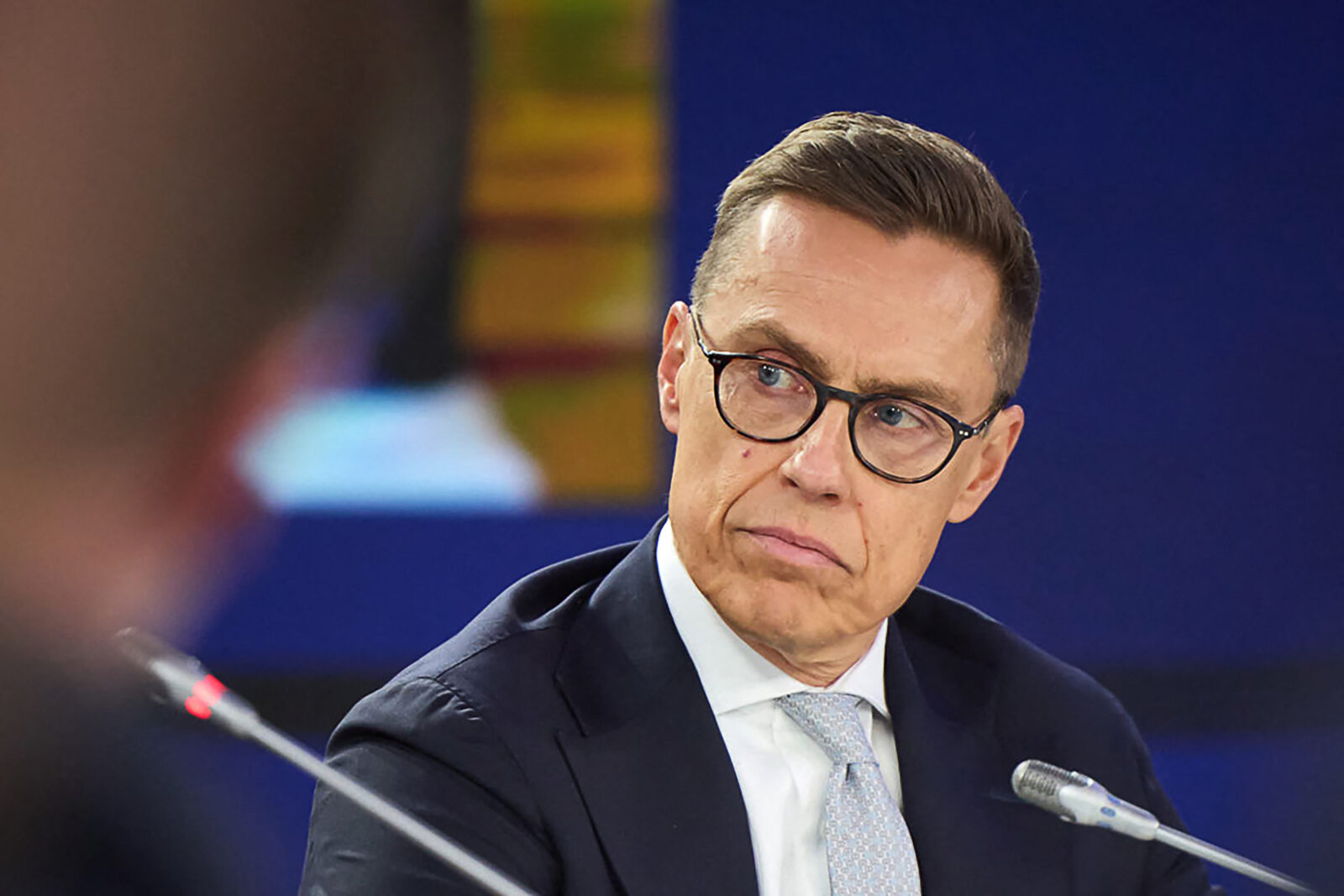
While discussions on peace enforcement continue, fighting has not ceased. Both Russia and Ukraine launched aerial attacks on each other over the weekend, inflicting casualties and damage.
Ukraine is also bracing for a new Russian offensive on its northeastern Sumy region, according to Zelenskyy.
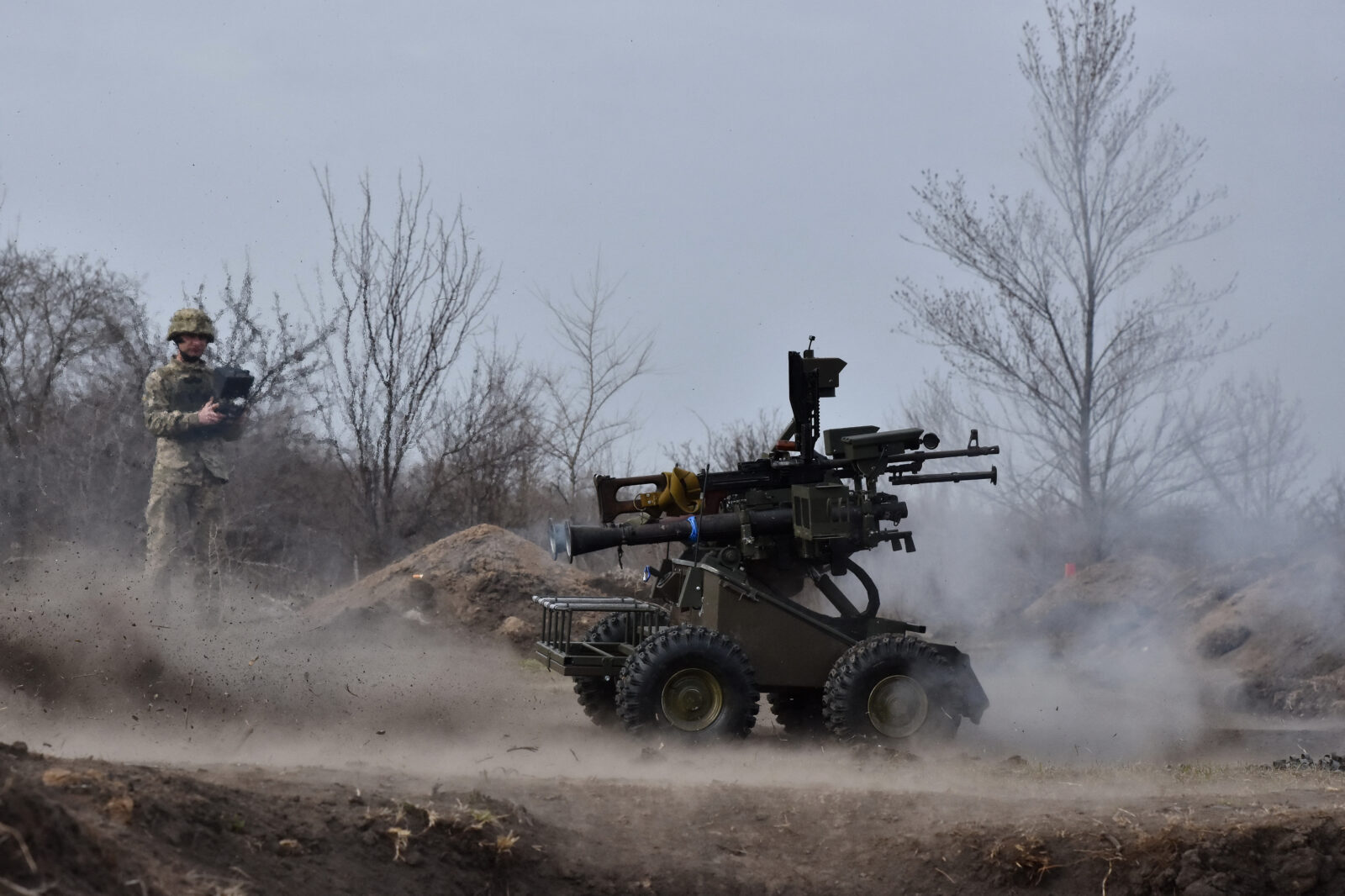
Despite the 30-day cease-fire agreement, the war’s future remains uncertain.
The United States and Ukraine continue diplomatic talks, but Russian demands for additional conditions complicate efforts toward a lasting resolution.
Trump recently appointed General Keith Kellogg as his special envoy for Ukraine, a move reportedly opposed by Russian officials. Kellogg is expected to engage directly with Zelenskyy and Ukrainian leadership to navigate peace negotiations and security guarantees.